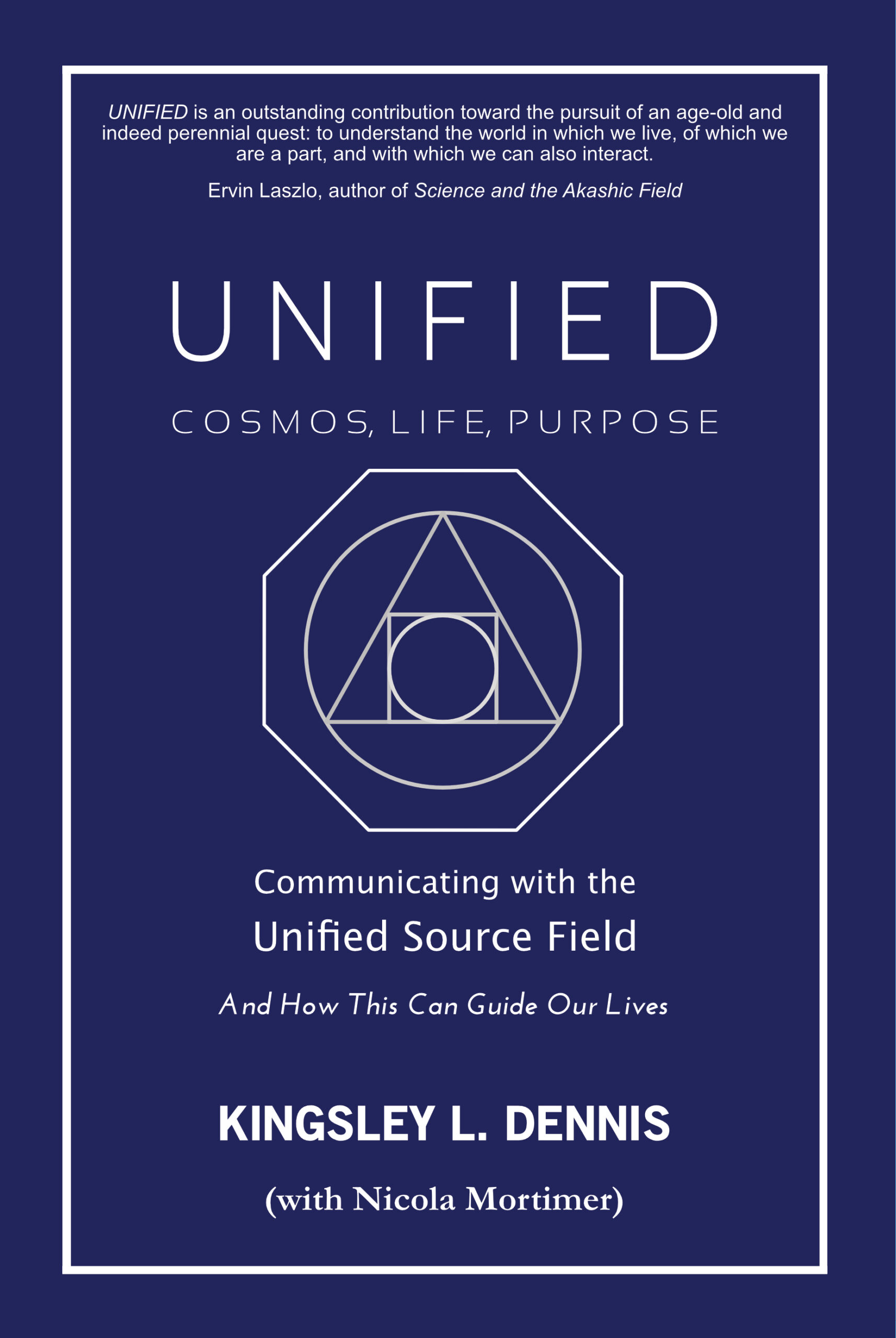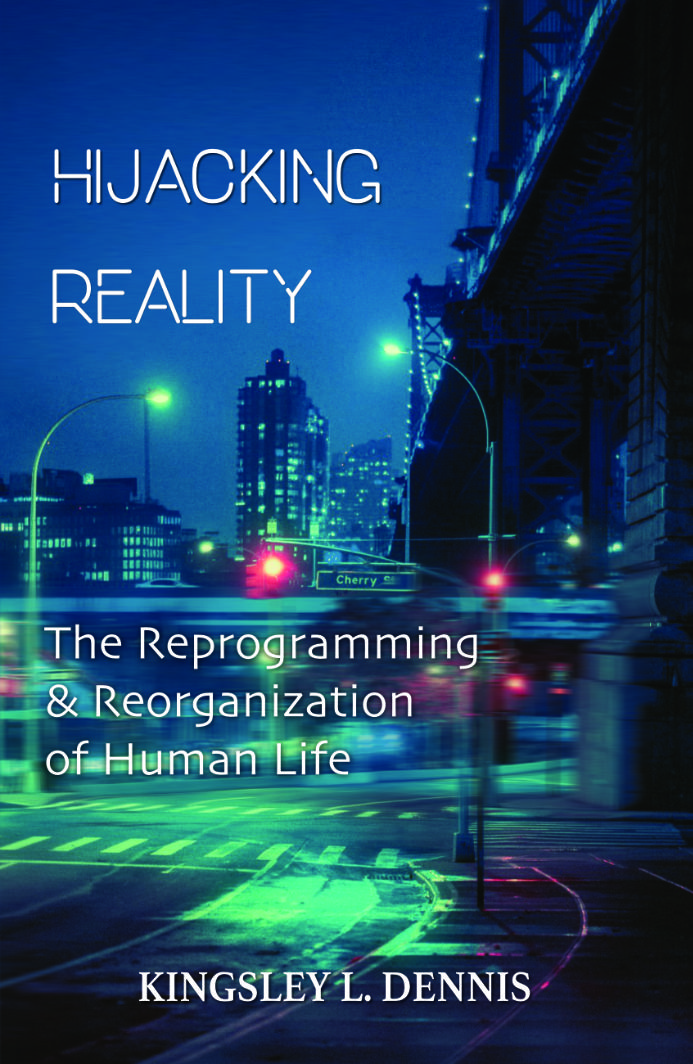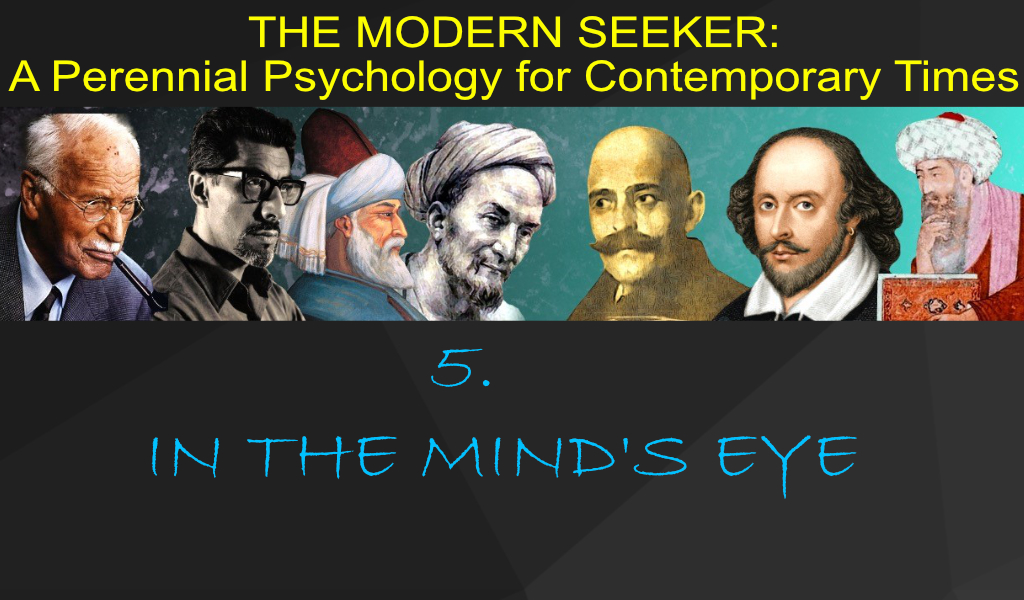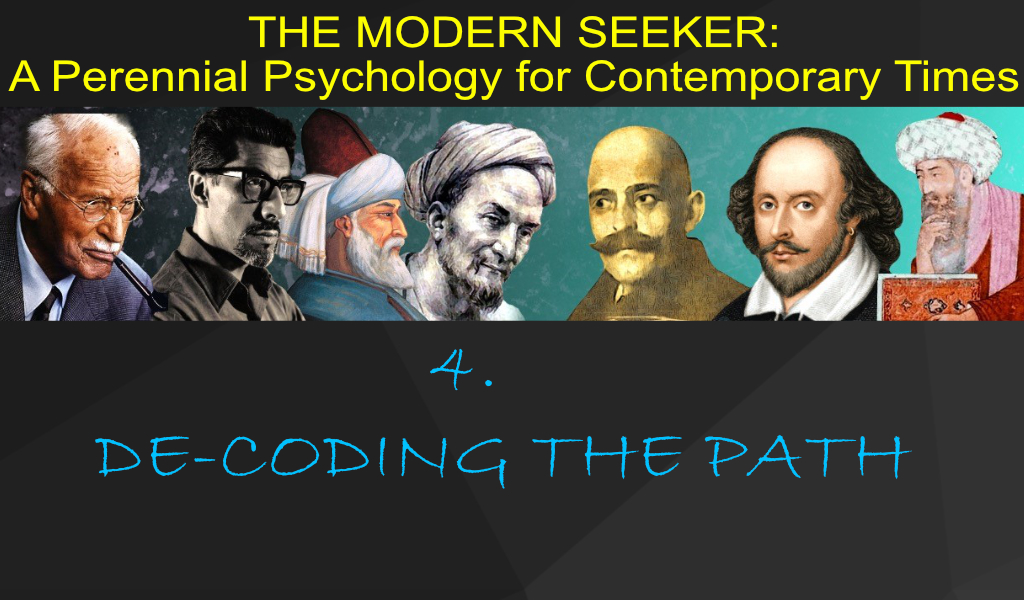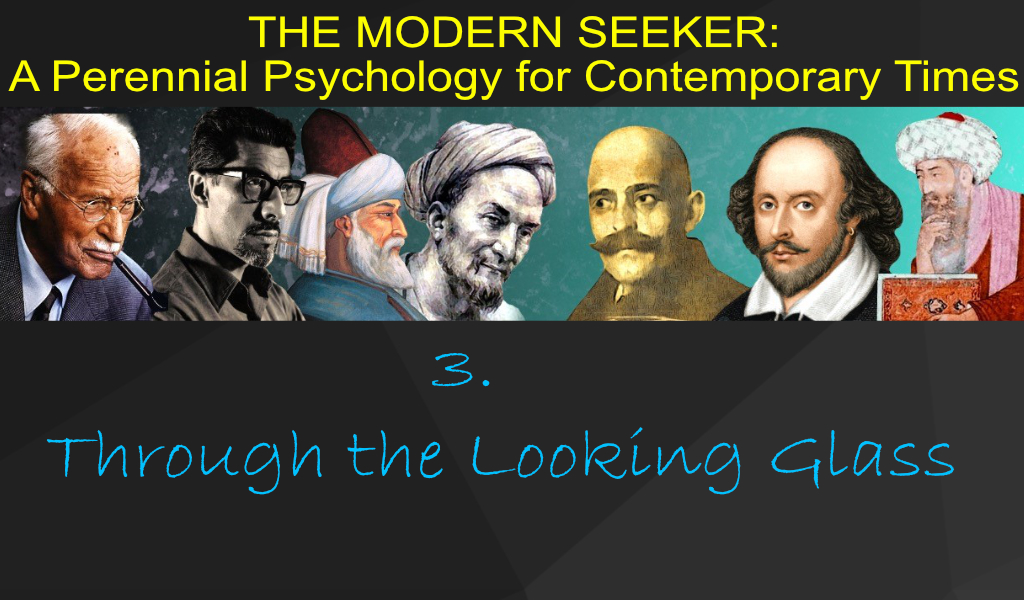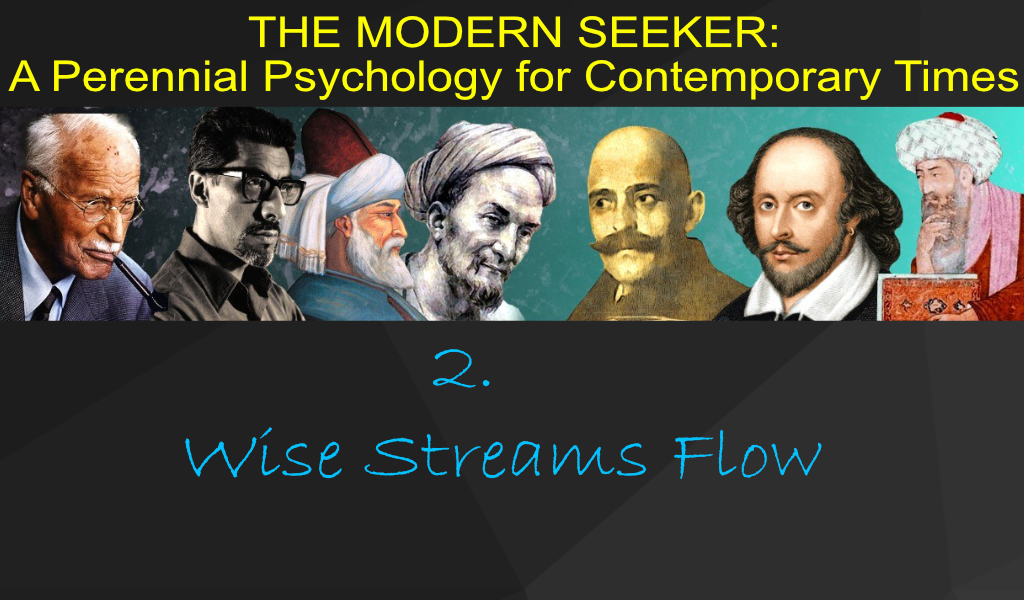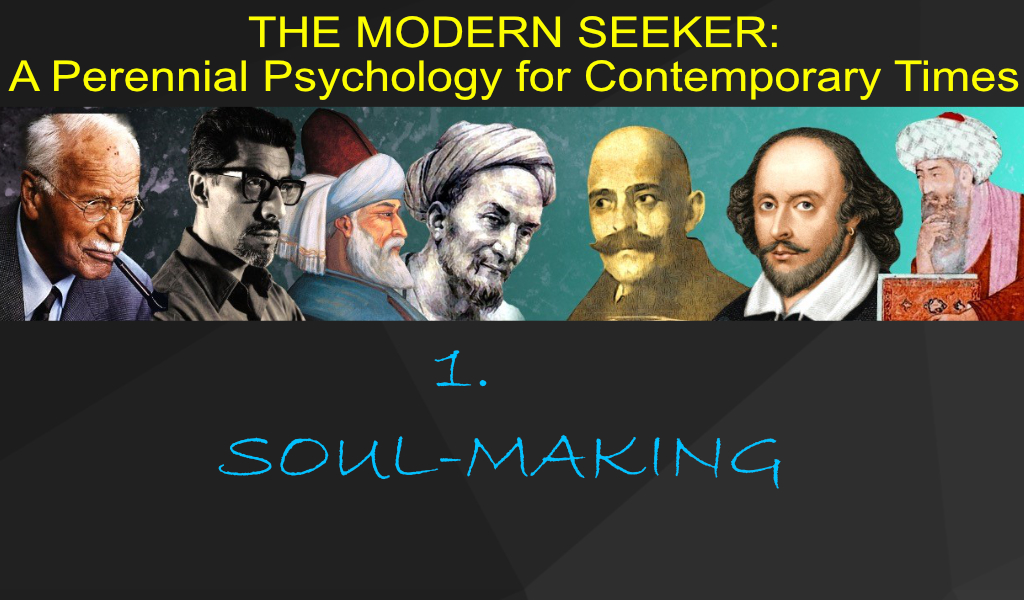There is a famous 13th Century Persian poem that tells the story of an old woman whom upon encountering an eagle on her window sill captures it for she has never seen an eagle before. The old woman looks at the strange bird and finally says ‘what a funny-looking pigeon’! She then proceeds to clip its wings, straighten the beak, and trim its claws in order to change the appearance to suit her own ideas of what a bird should look like. In this Persian poem we have a mirror of the social conditioning of human thought: altering the unfamiliar or the ‘other’ to make it acceptable and to fit with present perceptions. In other words, clipped and trimmed in order to fit a ‘basic model’.
Throughout our lives we are subjected to indoctrination by a systemic structure of processes and institutions. Within this conditioning environment beliefs almost ‘grow’ into us. And once they are a part of our socially-constructed self then they are sustained, reinforced, and protected, often unconsciously, by psychological processes of perception. With few rare exceptions all people are brought up within specific culturally-defined environments. A person’s dominating social milieu then attempts to offer a variety of accepted socio-cultural norms of thought and behaviour. These may operate through various forms, such as personal faith; religion; science; language and emotions; denial and doubt; happiness and fear; safety and security (identity and belonging); well-being and materialism. Once ingrained, a person is liable to perpetuate such traits believing them to have been obtained through ‘free thought’. In the end, we reinforce beliefs that have grown into us, accepting and defending them as our own. So when we say ‘I don’t believe’, what we often in fact mean to say is ‘I automatically reject everything my brain is not wired to receive’. The end result is that for most of us we only ‘believe’ those things that we want to believe, or that fit within our perceptual paradigms and/or experiences. And because we have committed ourselves to such beliefs we then feel it imperative that we support the investment we have made. After all, who likes to be proved wrong?
Not only do we often strive to support our own cherished beliefs but we also end up agreeing with anyone, or anything, that appears to be in agreement with us. For example, notice how we often ‘vote’ for positive online reviews of things we like, such as a book or a film, yet will ignore, or be unlikely to vote as ‘helpful’, for the disagreeable reviews. By nature people seek to affirm their structures of beliefs and identity by promoting those activities and experiences that serve to reinforce and validate their own conditioned sets. People rarely seek out those experiences that will actively challenge their perceptions and thus create uncertainty and/or doubt. How many far-right conservatives would spend time reading the latest socialist newsletter? Yet the fixed idea is the enemy of free-thinking.
It is often the case that in order to get along successfully in life it is important to ‘fit in’ with the crowd; to avoid being a social misfit or an alienated individual. We have to learn how to get along with everyone else. We are, after all, social animals. To attempt to live according to other than the ‘norm’ of accepted social behaviour and thought has usually led to difficulties and certain degrees of estrangement. It can be said, especially in these current times, that leadership increasingly belongs to the mediocre. And whereas the famous edict of the temple of Delphi stated ‘Know Thyself’, such ideals have been eroded, or at least diminished, in successive generations. Such ancient temples have been replaced by the edifices of education, religion, law, and politics. Various individual traits and capacities have become ‘authorized’ by a select few cultural and/or religious iconic institutions.
Many people may not be fully aware of these processes operating in their lives for the impacts are often gradual rather than sudden. And the process begins early on in a person’s life. Through the combined effects of early childhood indoctrination, parental socialization, and educational impacts, we are often successfully conditioned to a specific ‘cognitive and perceptual reality’. Once established, these belief sets then form a kind of dependency.
Collective society further serves to reinforce and modify most physical, mental, and emotional behaviour. Thus, the person who becomes deemed most socially valuable is often that person who has demonstrated their ability to adopt (and adapt to) consensual social behaviour and patterns. And when such individual beliefs are never, or rarely, called into question by the social milieu it is easier for a person to forget why they hold them. It should be remembered that beliefs are not facts: a belief is a ‘belief’ because it is neither knowledge, nor truth. It is a conviction of faith – a thought-form backed by emotional attachment. When examined many beliefs are found to result from indoctrination through various processes, such as emotional language and heavily-laden associations. Examples here include love of country (patriotism; nationalism); love of god; love of family and tribe; love of principles and a sense of moral self. For many of these beliefs a whole group of people – even a nation – may sacrifice much in defence of shared emotional investment. And if a majority of people share the same belief(s) then it is unlikely they will be called into question. To do so could result in a person exhibiting ‘abnormal’ behaviour.
It can be said that society ‘clips and trims’ the human mind – our daily consciousness and perceptions – in order to form a general consensus in thinking. This way, a collective mass becomes more manageable – the eagle becomes the pigeon.
These are processes we need to be aware of, so that we can reflect upon our behaviour, social roles, and our attitudes. The world, and our social milieu, is undergoing rapid changes. These are times, therefore, to begin developing our awareness, and to participate fully in the consciousness expansion that awaits us.



